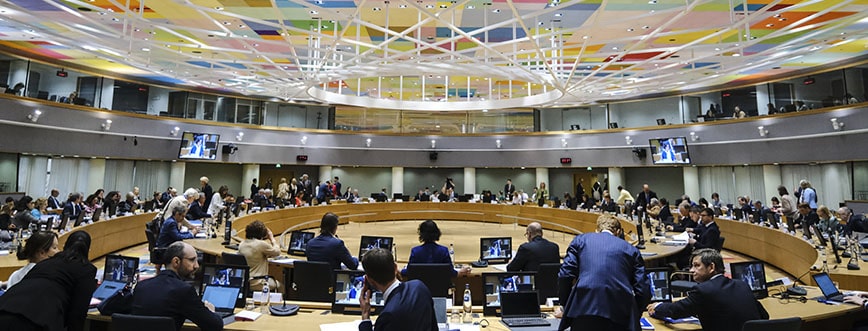
EU gives final go-ahead for AML package
New rules aimed at tackling money-laundering and terrorist financing in the EU will come into effect in the coming weeks after member states adopted a package of new rules.
Under the package, all rules applying to the private sector will be transferred to a new directly applicable regulation, while a directive will deal with the organisation of national competent authorities fighting against money-laundering and countering the financing of terrorism (AML/CFT).
The regulation exhaustively harmonises anti-money-laundering rules for the first time throughout the EU.
It extends the rules to cover new entities, such as most of the crypto-sector, traders of luxury goods, and football clubs and agents.
The regulation also sets tighter due-diligence requirements, regulates beneficial ownership, and sets a limit of €10,000 on cash payments.
New authority
The EU Council says that the directive will improve the organisation of national AML systems, setting out clear rules on how member states’ financial-intelligence units (FIUs) and supervisors work together.
The package sets up a new European Authority for Anti-Money Laundering and Countering the Financing of Terrorism (AMLA), based in Frankfurt, that will have direct and indirect supervisory powers over entities categorised as ‘high-risk’ in the financial sector.
In addition to supervisory, in cases of serious, systematic or repeated breaches of directly applicable requirements, AMLA will be able to impose financial penalties on some entities.
Bank-account registers
The new directive also allows member states to make information from centralised bank-account registers – containing data on who has which bank account and where – available through a single access point.
As the AML directive will provide access to the single access point only to FIUs, the EU Council has today (30 May) adopted a separate directive to ensure that the national law-enforcement authorities will have access to these.
The texts will now be published in the EU’s Official Journal and enter into force.
The AML regulation will apply three years after the entry into force. Member states will have two years to transpose some parts of the AML directive and three years for others.